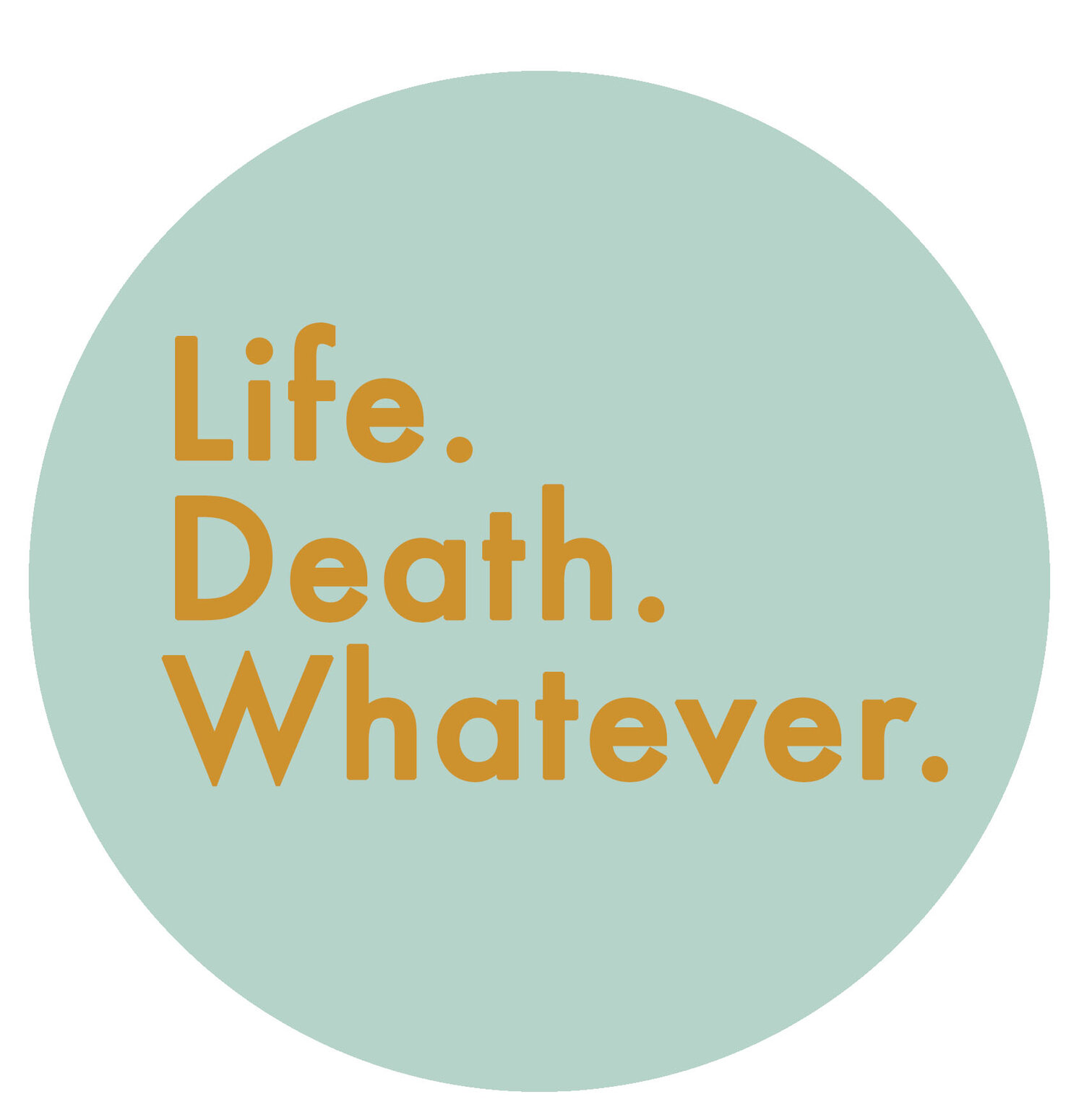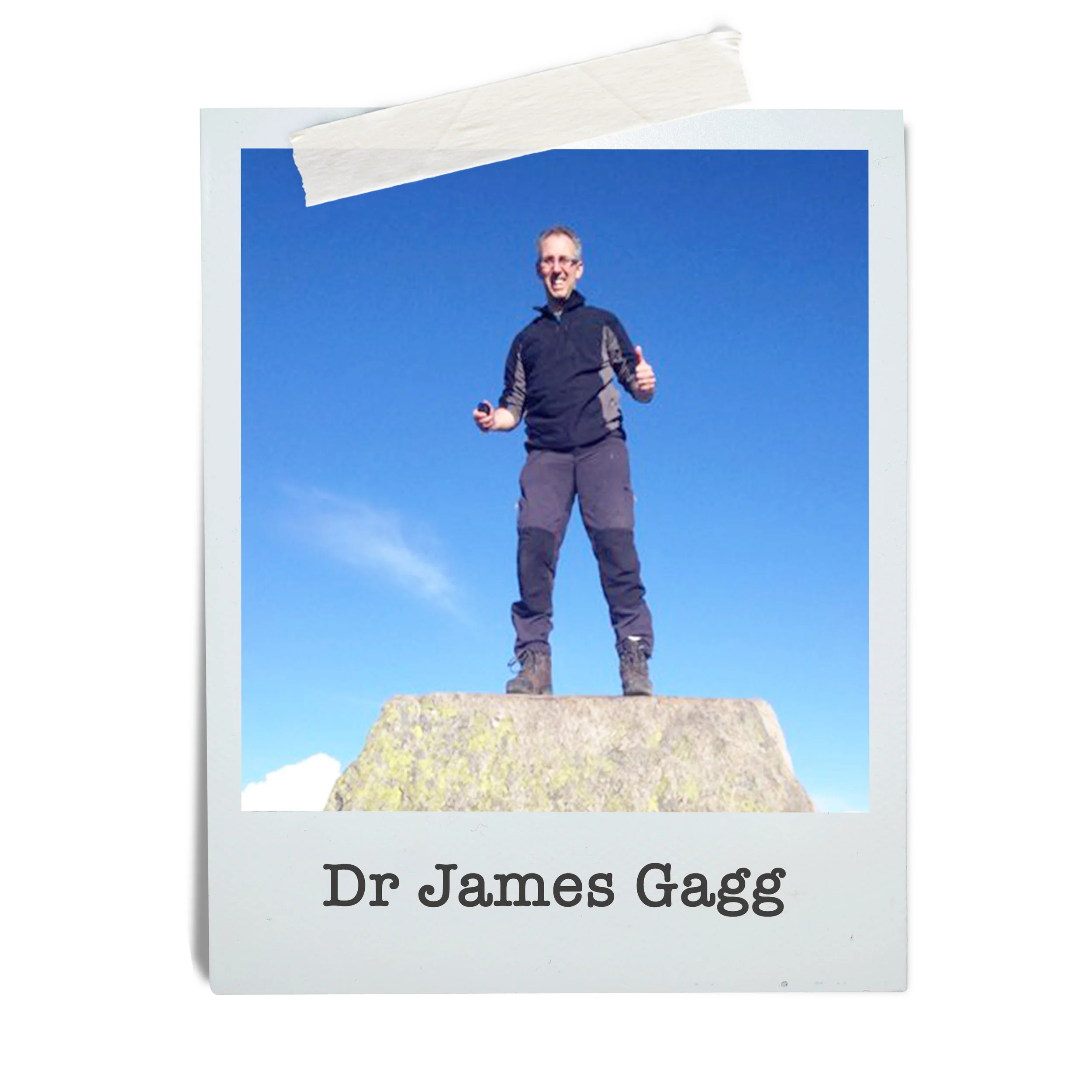By Dr James Gagg
who is a consultant in Emergency Medicine and the Clinical Director of an A&E department
1. Cardio Pulmonary Resuscitation or CPR is not like it is portrayed on the television. Only in certain circumstances is an electric shock appropriate and it does not return the person immediately back to normal function as is often portrayed. For patients who have a cardiac arrest (the heart stopping) outside of the hospital setting, the chances of surviving are around 7%.
2. Despite all the drugs and equipment ambulance services and hospitals have, the most important factor in resuscitating someone, if a good outcome is to be achieved, is immediate CPR. Every minute without CPR awaiting medical intervention will reduce the chances of survival or recovery. This is why training of non-medical professionals is so vital and the imminent introduction of CPR on the national curriculum will help greatly in the future.
3. There is often confusion between a heart attack and a cardiac arrest. A heart attack is when a blockage occurs in the blood supply to the heart. This causes chest pains, but the heart is still beating and is treated by medication and often a procedure to unblock the artery. A cardiac arrest is when the heart stops beating and without starting resuscitation, the person has died.
4. CPR often results in broken ribs from the chest compressions, the patient requiring drugs being administered through a drip into a vein (or sometimes via a needle drilled into the bone) and tubes being places in the wind pipe to breath, in addition to electric shocks if appropriate. It can be quite a traumatic process. It is really important to for individuals, families and healthcare professionals to consider what the most dignified approach is, preferably in advance of the heart stopping.
5. Of course there are times when CPR is absolutely the right thing to do. For instance if someone suddenly collapses, gets immediate CPR and an early electric shock with a defibrillator, then it is possible to fully recover. This is one end of the spectrum of illness, where the heart has suddenly stopped first. However at the other end of the spectrum where a person has been progressively getting sicker and their body is failing, eventually the heart will stop. Although this is still a cardiac arrest, perhaps it is better considered as dying. As a society we need to consider when we accept that we or our loved ones are dying and allow this to happen in the most dignified way in a place of comfort with the right people, rather than enduring the trauma of CPR and dying in an alien environment such as an A&E department.
About Dr James Gagg
Dr James Gagg is a consultant in Emergency Medicine and the Clinical Director of an A&E department. He is also the team doctor for the Exmoor Search & Rescue Team. He believes it is so important for patients and families to consider and plan for what they would want if and when they become seriously ill or are nearing the end of their lives so that the focus of care can be on a good life, rather than a bad death. He has published on many subjects in medical journals, including on the topic of healthcare professionals perceptions of inappropriate CPR in the journal Resuscitation. You can follow James on Twitter.



